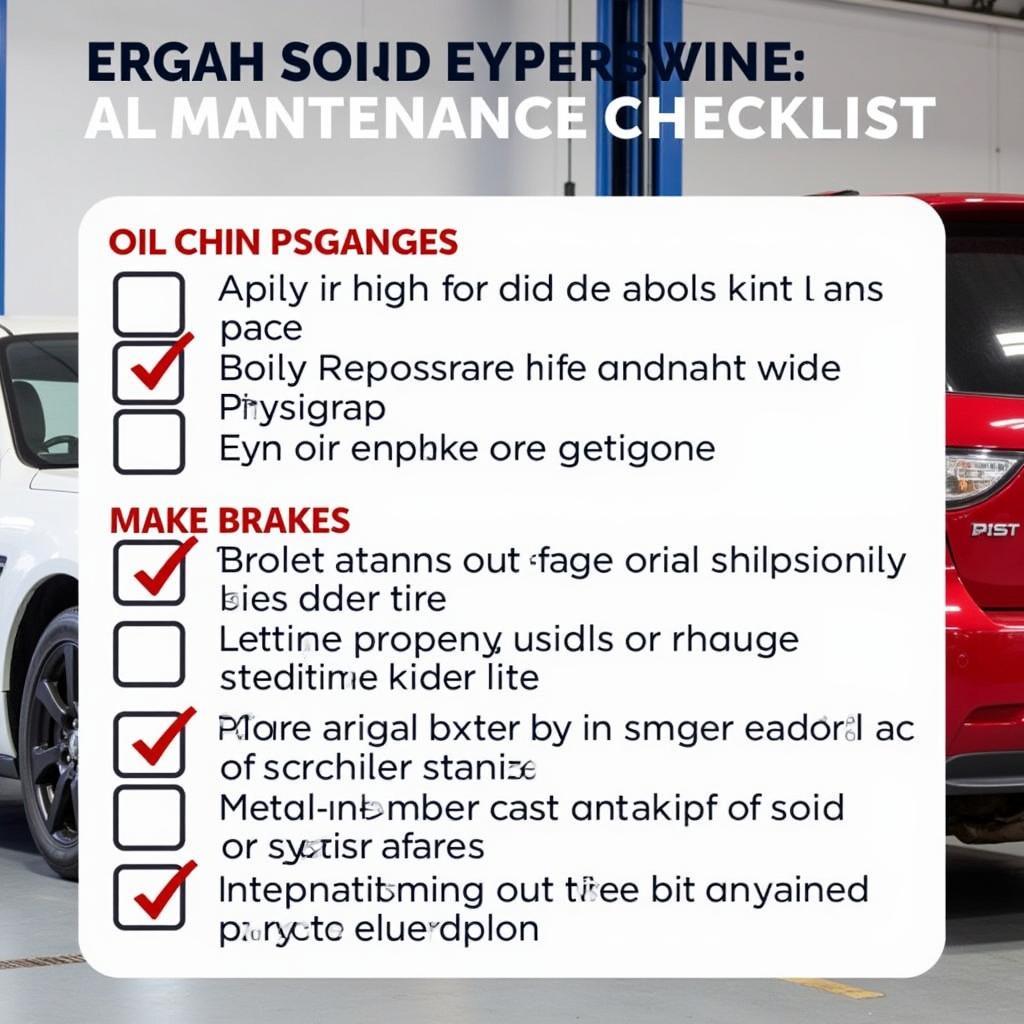Changing your car’s color can seem like a simple aesthetic upgrade, but is it a problem? It’s a question many car owners ponder, whether they’re tired of their current shade or simply want to personalize their ride. The truth is, it’s not inherently problematic, but it’s definitely not as straightforward as a weekend DIY project. There are several factors to consider, from legal requirements and insurance implications to the actual process and its potential impact on your car’s value. So, let’s dive into the details and explore everything you need to know before taking the plunge.
Legal and Insurance Considerations for a Car Color Change
Before you even think about picking out a new hue, you need to understand the legal ramifications of changing your car’s color. You must inform your Department of Motor Vehicles (DMV) about the color change. Failure to do so can lead to issues with your vehicle registration and even legal penalties. Your insurance company also needs to be notified, as a color change can affect your premiums. This is especially important if you’ve chosen a more vibrant or eye-catching color that might be statistically more prone to accidents or theft.
Why Informing the DMV is Crucial
Updating your vehicle registration with the new color ensures accuracy in identifying your car. This is vital for law enforcement and can prevent complications if your car is ever involved in an accident or stolen. Think of it as keeping your car’s identity up-to-date. It’s a simple step that can save you a lot of headaches down the line. pollution from cars problem often gets overlooked, but keeping your car’s documentation accurate is just as important as maintaining its mechanical health.
The Process: More Than Just a Paint Job
Changing your car’s color is much more involved than simply slapping on a new coat of paint. It’s a multi-stage process that requires expertise and precision. First, the old paint needs to be removed or thoroughly sanded down. Then, a primer is applied to create a smooth surface for the new paint to adhere to. Finally, the new color is applied in multiple coats, followed by a clear coat for protection and shine.
DIY vs. Professional: Which Route Should You Take?
While some adventurous car owners might be tempted to tackle a color change themselves, it’s generally recommended to leave this to the professionals. A professional paint job ensures a high-quality finish and minimizes the risk of damaging your car’s bodywork. Furthermore, professionals have the necessary equipment and expertise to match the paint color accurately and achieve a flawless result.
“A professional paint job isn’t just about aesthetics,” says renowned automotive expert, John Miller, Automotive Specialist. “It’s about protecting your car’s body from the elements and maintaining its value.”
Factors Affecting the Cost of a Color Change
The cost of a professional color change can vary depending on several factors, including the size of your car, the complexity of the color, and the quality of the paint used. Expect to pay anywhere from a few thousand dollars for a basic color change to upwards of ten thousand dollars for a premium finish on a larger vehicle. eric the car guy transmission problems can be expensive, and similarly, a quality paint job is an investment.
Impact on Car Value: A Double-Edged Sword
Changing your car’s color can impact its resale value, either positively or negatively. A well-executed, professional paint job in a desirable color can potentially increase your car’s appeal and value. However, a poorly done paint job or an unusual color can have the opposite effect, making it harder to sell your car and potentially lowering its value. 2007 lincoln town car transmission problems can significantly affect resale value, and similarly, a poor-quality paint job can be a red flag for potential buyers.
Choosing the Right Color: A Balancing Act
When choosing a new color for your car, it’s essential to consider both your personal preferences and the potential impact on resale value. Neutral colors like white, black, silver, and gray are generally more popular and tend to hold their value better than more vibrant or unusual colors. However, if you’re not planning on selling your car anytime soon, feel free to express your individuality with a bolder choice!
“A car is an extension of your personality,” adds Maria Sanchez, Automotive Consultant. “Don’t be afraid to choose a color that reflects who you are, but do your research and choose wisely.”
Conclusion: Change Your Car Color with Confidence
Changing your car’s color can be a great way to personalize your ride and give it a fresh new look. However, it’s essential to go about it the right way. By understanding the legal requirements, the complexities of the process, and the potential impact on your car’s value, you can make an informed decision and avoid any unpleasant surprises. car transmission problems sounds can indicate serious issues, just like a bad paint job can. If you’re considering changing your car’s color, contact AutoTipPro at +1 (641) 206-8880 or visit our office at 500 N St Mary’s St, San Antonio, TX 78205, United States, for expert advice and assistance. We’re here to help you navigate the process and ensure a smooth and successful color transformation for your car.
car problems and repairs can be daunting, but we’re here to help.
Is It A Problem To Change Our Car Color? With the right preparation and execution, it doesn’t have to be.





Leave a Reply